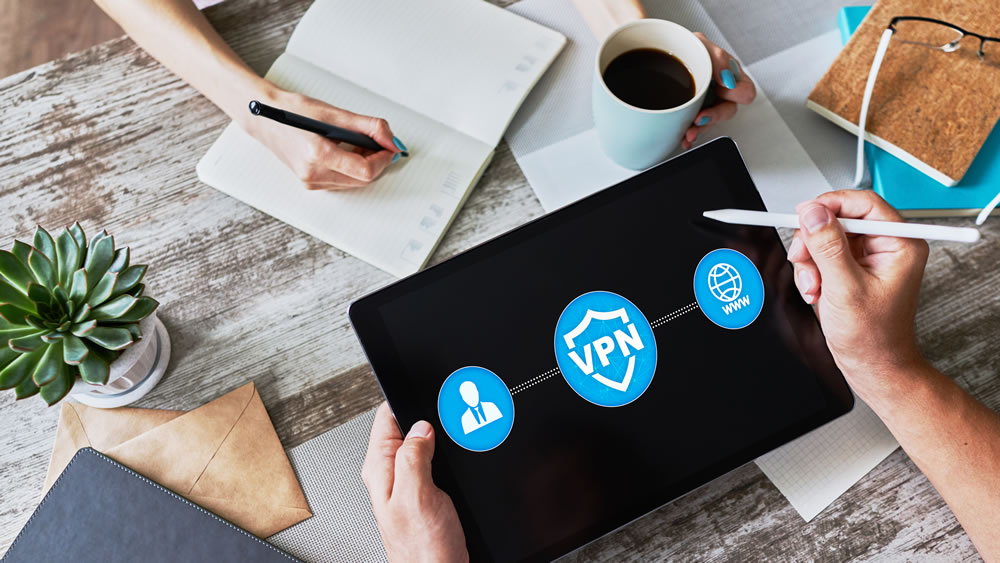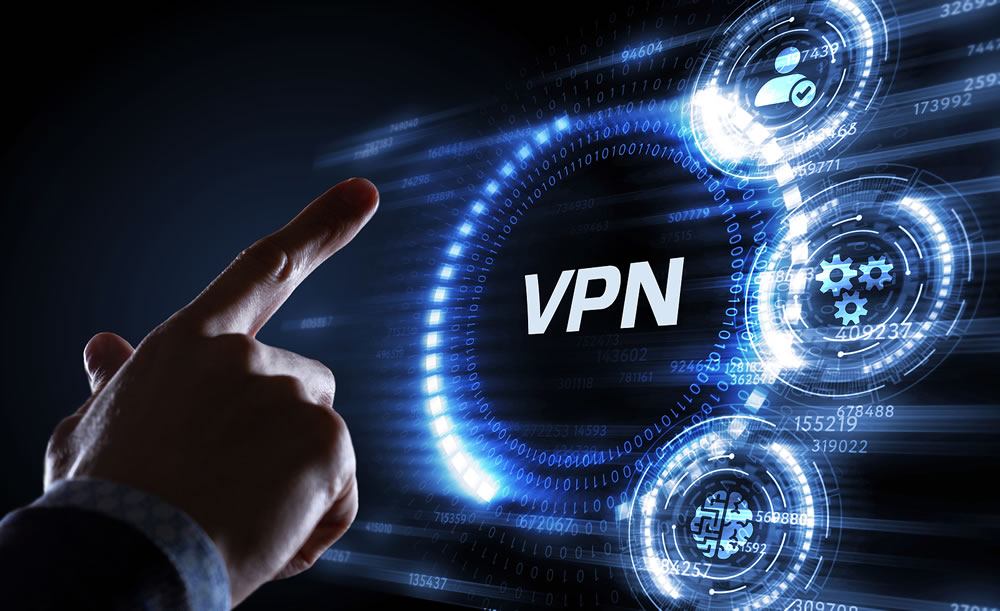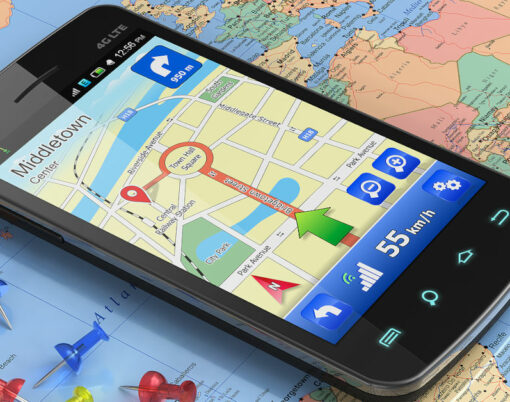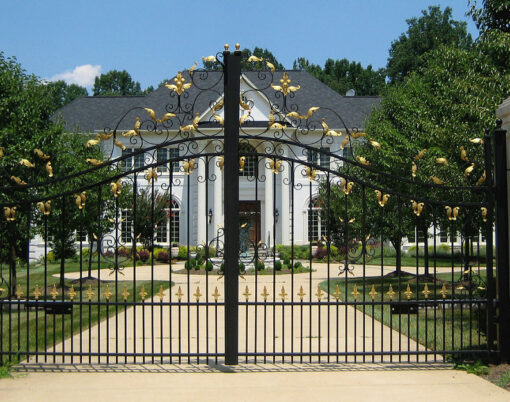With more of us working remotely than ever, VPNs have become an essential tool for those looking to protect their privacy online, allowing us to mask our IP addresses and keep our personal information secure. The dangers of logging onto public Wi-Fi networks at the airport, coffee shop, or your chosen five-star luxury resort in the Caribbean have long been known, putting users at an increased risk of data breaches and cybercrime. However, a virtual private network (VPN) has, for many, alleviated that worry, leaving them feeling free to continue working at ease.
But despite their convenience, there’s one question that still lingers in some people’s minds about the legitimacy of using such a tool. Are VPNs legal?
This morally driven question has caused some hesitance in those new to the remote working scene, and at times, some reluctance to take the plunge. Given the potential legal implications of downloading and using an illegal piece of software, it’s a fair concern, and the answer differs from country to country. Some, like Russia and China, have outright banned the use of VPNs and have publicly declared them illegal. However, other countries don’t have such strict restrictions against VPNs and have no issue with their citizens making use of them.
Before diving into the technicalities of VPNs, it is important to understand that while VPNs are mostly legal, it is, of course, criminal to perform illegal activities through them, and law enforcement agencies are skilled in detecting such crimes. So while they do afford users a certain level of privacy, they won’t protect criminals from the law.
The illegitimate uses of VPNs are perhaps obvious – but what exactly can we use them for without fear of breaking the law? Here, we take a deeper dive into all you need to know before getting started.

Legitimate uses for VPNs
Staying protected against prying eyes
As cyber threats continue to evolve, individuals need to find additional ways to protect themselves against cyber security threats. Big corporations and cyber criminals are constantly on the hunt for personal data, which can be obtained by tracking your online activity – but a VPN can prove effective in protecting you from such prying eyes.
Essentially, a VPN prevents third parties, such as your Internet Service Provider (ISP), from looking into your activity on the internet and tracing it back to you. While a VPN may not be able to offer you complete anonymity, it does add an extra layer of security to protect you against tracking, thus ensuring that none of your history, data and internet activities can be traced back to you.
To secure workplaces
While having an extra layer of security to personal information is very important, it is even more crucial for government and financial organisations, which need to secure their sensitive data at all costs. In secure organisations, such as banks, employees may feel less threatened when accessing office networks and utilising resources through a VPN because again, it blocks the access of any third party from tracking what they are doing, thus protecting their own information, and also their clients’.
For censorship restrictions
The use of VPNs has made journalists’ and reporters’ lives easier, too, allowing them to safely share information that is considered sensitive on monitored or censored networks. They are also, at times, used to circumvent censored content, keeping the information during times when access to the internet is restricted or when certain online content is limited – something that has historically occurred in some countries during national elections.
Although they can’t transverse complete internet shut-downs, they are still an important tool for journalists, and particularly at a time when digital access is coming increasingly under threat.

To avoid geographical restrictions
Some websites and online platforms are limited to users only from certain regions – for example, the UK’s BBC iPlayer isn’t available to those living or travelling overseas. Using a VPN allows you to access websites without any geographic restrictions and continue to enjoy such entertainment and news sources from wherever you are – however, doing so does fall into a grey area. While service providers are unlikely to sue individuals who use a VPN as a tool to circumvent their accessibility rules, they do own all rights to ban your account and prevent you from accessing their content in the future.
Public Wi-Fi security
Using a public Wi-Fi network is generally not secure or safe, so it’s wise to only use them for casually surfing the internet. As a general rule, they should never be used for secure transactions or when using passwords or personal data – that is, unless you have a VPN.
Turning on a virtual private network will secure your identity when using a public Wi-Fi network, allowing you to make and receive transactions, log into accounts and view private data all without worrying about it being breached.
Is it safe to use a VPN in restrictive areas?
In order to prevent governments from obtaining personal information, most VPN providers secure their users with a rigorous no logs policy, which means that not only is information not tracked, but your online activity also isn’t monitored by any third party.
However, most VPN providers have to comply with the authorities of the country in which they are based, so if legally required to do so – for example, in relation to a crime – they may be obliged to hand over the logs to the law enforcement agencies. To avoid this, VPN providers mainly tend to function in countries that have more relaxed laws in this area, making it easier for them to operate without forcefully complying to the authorities.






















